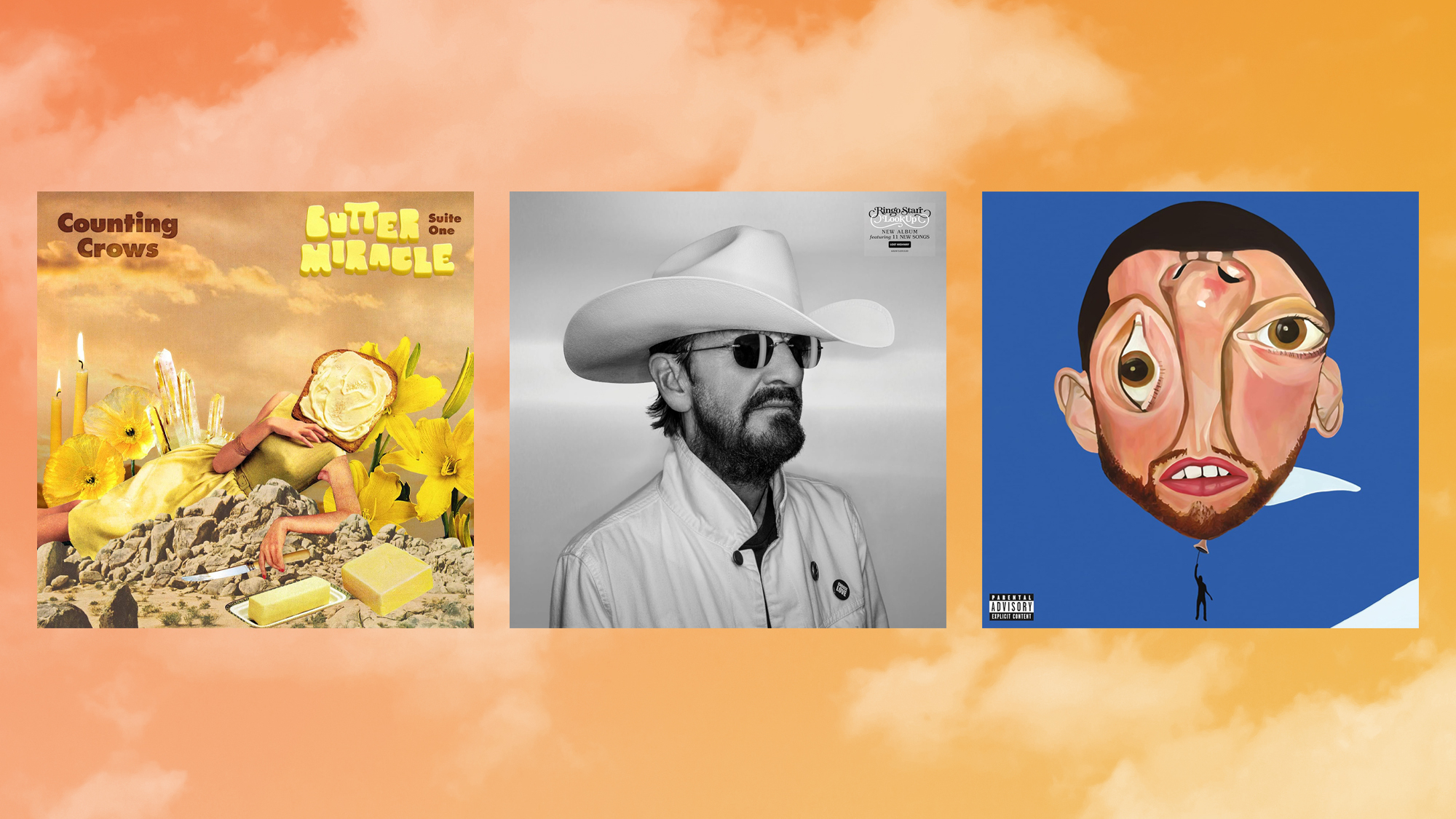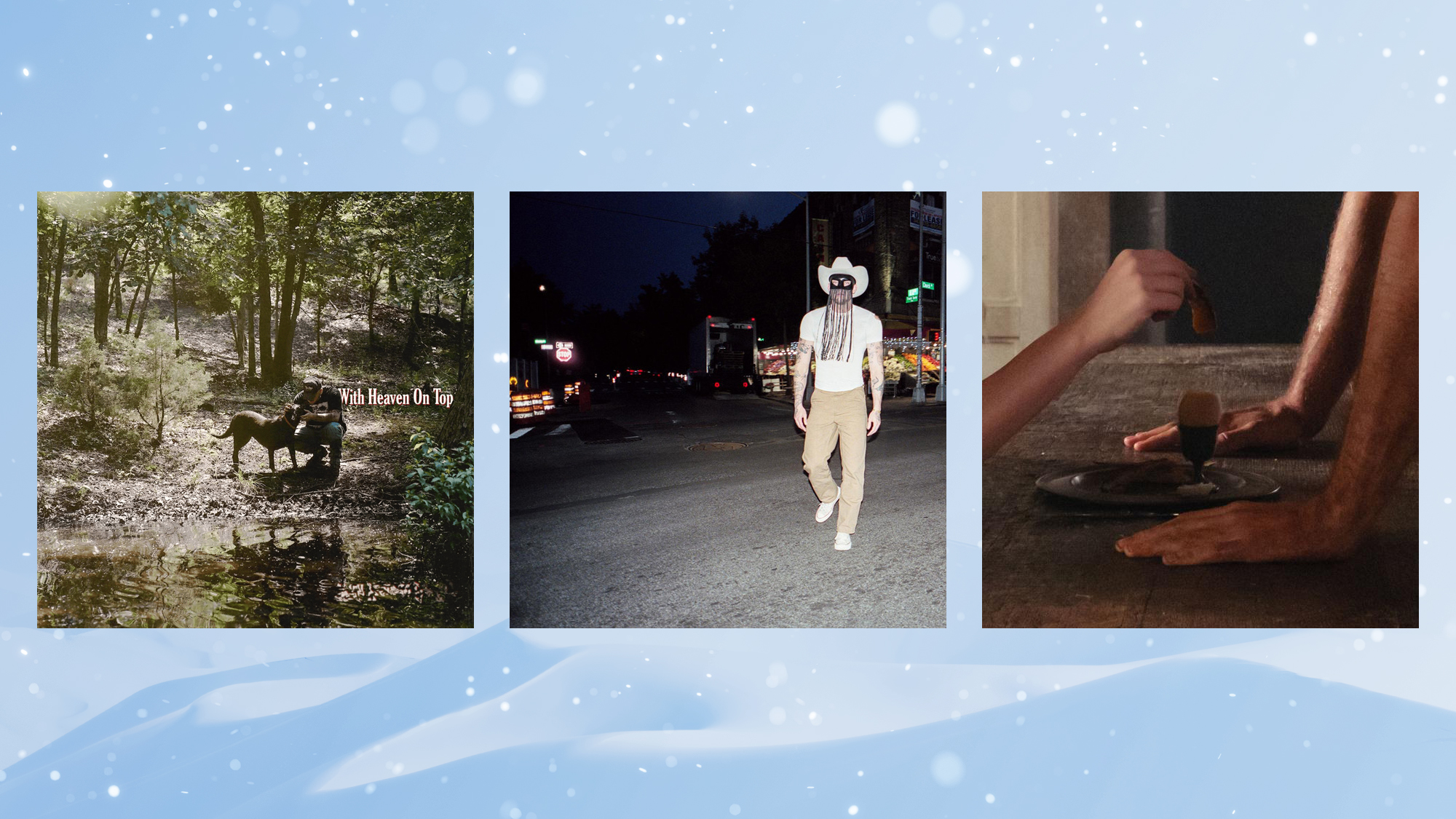UK singles chart turns 70: time to say goodbye?
Critics say the once famous rundown is now ‘irrelevant’ and an ‘absurd anachronism’

A free daily email with the biggest news stories of the day – and the best features from TheWeek.com
You are now subscribed
Your newsletter sign-up was successful
As the UK singles chart celebrates its 70th birthday this week questions have been raised over its modern-day relevance.
“Once a key part of British life”, said Sky News, with the weekly radio countdown to the coveted No.1 occupying its “once unmissable Sunday slot”, the impact of the chart has “mostly dwindled with the charts not seen as anywhere near as relevant as they once were”.
“If an artist went to number one in the decades after the chart’s 1952 inception, it would guarantee them household name status,” said the news site. But “with the new millennium came streaming and downloads and the end of big music shows such as Top Of The Pops”, which subsequently diminished the chart’s influence.
The Week
Escape your echo chamber. Get the facts behind the news, plus analysis from multiple perspectives.

Sign up for The Week's Free Newsletters
From our morning news briefing to a weekly Good News Newsletter, get the best of The Week delivered directly to your inbox.
From our morning news briefing to a weekly Good News Newsletter, get the best of The Week delivered directly to your inbox.
‘Unloved and ignored’
Its “grip on public imagination” seems to have “slackened completely”, said Alex Petridis in The Guardian. “When was the last time you read a news piece about a hotly contested ‘battle’ for No 1?” he asked readers.
Streaming was added to the singles chart in 2014 and although the way it is measured has changed, in the UK 100 paid streams or 600 free streams have generally equalled one sale. Many feel this has made the chart an irrelevance compared to the days when only physical record sales determined positions.
The charts’ “traditional audience of tweens and twentysomethings” have had their listening habits “changed completely as a result of streaming”, explained Petridis. This means that, at 70, the singles chart “finds itself largely unloved, ignored and dismissed as irrelevant”.
The singles chart is an “unruly hodge-podge of gimmicky collaborations, TikTok spin offs and YouTube viral sensations”, wrote Neil McCormick in The Telegraph. He described the chart as an “absurd anachronism” and said it’s ��time to scrap it”.
A free daily email with the biggest news stories of the day – and the best features from TheWeek.com
‘Healthier than ever’
Writing for The Independent, Nick Duerden said that “over its lifetime, the chart has taken both the country’s cultural pulse and set its agenda”.
While the chart “may be quieter now, a shadow of its former self”, he continued, “who, at 70, isn’t?” Duerden added that it “lives on, a tirelessly dedicated shop window to what’s up, what’s down, and who, for the next seven days at least, is reigning supreme, top of the pops”.
“The charts still inform a lot of people about what’s going on and what artists they should look out for,” Danny Corr, head of marketing at Roadrunner Records, told Vice.
Indeed, said the NME, while “a new generation of kids may be getting their music for free”, at the same time they are “getting into more music than ever” and therefore the charts are “healthier now than they’ve ever been”.
-
 What to know before filing your own taxes for the first time
What to know before filing your own taxes for the first timethe explainer Tackle this financial milestone with confidence
-
 The biggest box office flops of the 21st century
The biggest box office flops of the 21st centuryin depth Unnecessary remakes and turgid, expensive CGI-fests highlight this list of these most notorious box-office losers
-
 The 10 most infamous abductions in modern history
The 10 most infamous abductions in modern historyin depth The taking of Savannah Guthrie’s mother, Nancy, is the latest in a long string of high-profile kidnappings
-
 Bad Bunny, Lamar, K-pop make Grammy history
Bad Bunny, Lamar, K-pop make Grammy historySpeed Read The Puerto Rican artist will perform at the Super Bowl this weekend
-
 The best music of 2025
The best music of 2025The Week Recommends These were some of the finest releases of the past year
-
 10 upcoming albums to stream during the winter chill
10 upcoming albums to stream during the winter chillThe Week Recommends As the calendar turns to 2026, check out some new music from your favorite artists
-
 10 concert tours to see this winter
10 concert tours to see this winterThe Week Recommends Keep cozy this winter with a series of concerts from big-name artists
-
 Disney bets big on AI, but not everyone sees a winner
Disney bets big on AI, but not everyone sees a winnerTalking Points The company will allow users to create their own AI content on Disney+
-
 Has 21st-century culture become too bland?
Has 21st-century culture become too bland?Under The Radar New book argues that the algorithm has killed creative originality
-
 West End Girl: a ‘tremendously touching’ break-up album
West End Girl: a ‘tremendously touching’ break-up albumThe Week Recommends Lily Allen’s unfiltered new work is ‘littered with relatable moments’
-
 10 concert tours to see this fall
10 concert tours to see this fallThe Week Recommends Concert tour season isn't over. Check out these headliners.